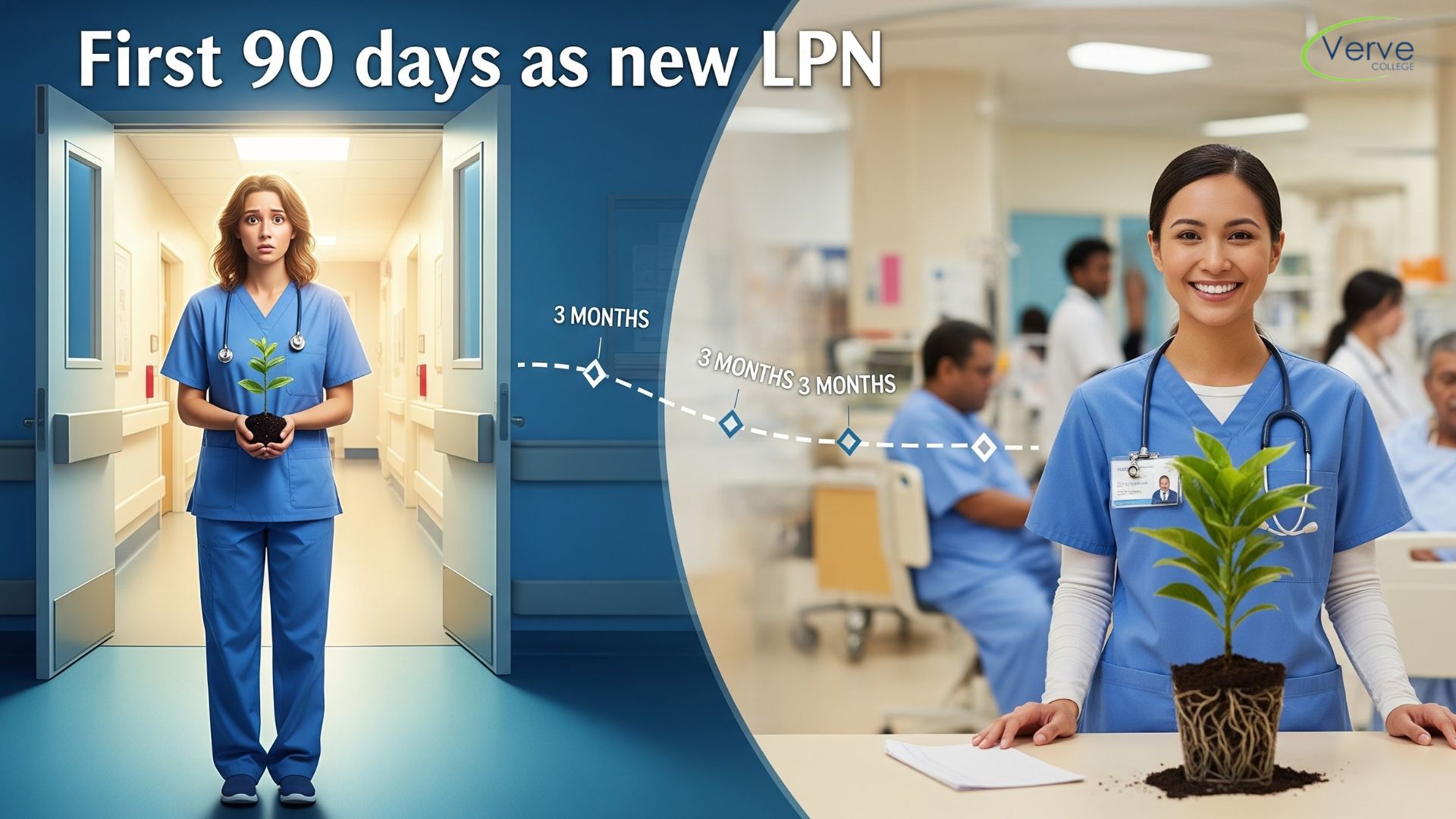- Oak Brook:(630) 705-9999
- Chicago:(312) 920-8822
- Email:inquiry@vervecollege.edu
- Make a Payment
- Home
- Programs
- Admission
- Resources
- ATI Entrance Exam Resources
- New E-Digital Library
- Refer a Friend
- School Newsletter
- Events
- Employers
- Job-Network
- Alpha Beta Kappa Candidates
- Verve College Library
- Graduation and Pinning Ceremony Photo Galleries
- Textbook Information
- Career Services
- Tutoring
- School Catalog
- FAQ
- Constitution Day Program
- Alumni
- Verve College Plans
- Financial Aid
- HEERF Reporting
- Satisfactory Academic Progress
- Apply For Financial Aid
- Net Price Calculator
- Return of Title IV Funds (R2T4)
- Financial Aid Office Code of Conduct
- Contact
- FAQs
- Verification Policy
- Vaccination Policy
- Student Right-to-Know Act
- Misrepresentation
- Information Security Program
- Academic Award Year
- Availability of Employee
- Cost of Attendance
- Health & Safety Exemption Requirement
- Students Rights and Responsibilities
- Leave of Absence
- Pell Formula
- Military Students
- Grants/ Scholarship Policy
- Contact Us
- Testimonials
- Blog
Is a Nursing Career Right For You?
Take The Free Quiz
Medication Adherence vs. Medication Compliance: Understanding the Difference
Medication Adherence vs. Medication Compliance: Understanding the Difference
Although often used interchangeably by many, medication adherence can be defined differently. This distinction is crucial when an organization like a hybrid practical nursing program (online LPN programs) wants to improve the adherence of patients and their compliance with medication regimens in the nursing field. Organizations can better analyze their performance by separating the two concepts. They can then identify changes that need to be implemented and measure the negative impact on adherence changes.
There Are Four Differences Between Medication Compliance and Adherence
1. Definitions
The National Stroke Association notes that it is important to distinguish between medication adherence and compliance.
- The act of adhering to medication is “filling out new prescriptions and refilling prescriptions promptly.”
- The act of complying with medication is “taking medication according to schedule or as prescribed by healthcare providers.”
2. Risks
There are some differences between non-adherence to medication and non-compliance.
According to studies 20-30% of all prescriptions never get filled. The National Community Pharmacists Association sponsored a survey among American adults aged 40 and older who were prescribed medication for chronic conditions. About 28% of the patients did not refill their prescriptions on time.
The NSA warns that non-adherence to medication can cause several problems, including:
- Unnecessary chronic disease progression and complications
- Reduced functional abilities and reduced quality of life
- Additional medical costs and physician visits
- Unnecessary medication changes
The NCPA survey revealed that 57% of patients did not take their medication as prescribed, 22% used a lower dosage, and 14% had stopped taking it altogether. A Mayo Clinic proceedings report states that about 50% of patients who have chronic illnesses do not take their medications as prescribed.
According to the NSA, non-compliance with medication can result in hospitalizations. The average nursing homes stay is four days. One article states that patients who do not take their medications as prescribed by health care team are at increased risk for morbidity and mortality, which can lead to healthcare approximate cost of up to $100 billion per year in clinical settings. Why is this? It is often cited that a proportion of days covered rate (PDC) of 80% or higher is needed to achieve optimal therapeutic effectiveness.
3. Causes
Why do patients have difficulty adhering to their medication? There are many reasons for patients to struggle with medication adherence.
- Accessibility to a pharmacy. Patients may not be able to reach a pharmacist to refill or fill a prescription easily.
- Tracking refills. It can be difficult to track refills as a patient’s prescriptions increase.
Licensed practical nurse programs near me (training program at community college) for clinical practice with the advancement of critical thinking skills, clinical training, clinical courses & basic nursing skills is also an easy way that address the underlying causes of medication adherence or non-adherence in health care settings with professional licensure.
Patients struggle to take their medication for a variety of reasons, including:
- Fear of side effects. Patients who are concerned about side effects may adjust their regimen to reduce or avoid them.
- No improvement or no signs of significant improvements. Patients who believe that a drug is not working may stop taking it. If a medication works well, the patient may feel that it is not necessary to take the drug, or they may want to keep the medication for the future in case symptoms return.
- Poor tracking. As the number and types of medications patients take increase, it can be difficult to keep track of which pills they are supposed to take at what time.
- Patients may not comply with prescriptions if they do not fully understand the reason for taking a medicine or have difficulty following instructions.
Related:- LPN Nursing Programs: What Employers Look for in Graduates
4. Improvement
Here are some quick suggestions to help you improve medication compliance, patient adherence & clinical outcomes.
Improve Adhesion:
- At each appointment, discuss issues such as the patient’s financial ability to pay and whether they have access to a local pharmacy.
- Generic medications are recommended.
- Information about prescription assistance programs is available (e.g., NeedyMeds).
- Information about online pharmacies can help overcome access issues.
- Ask patients if their pharmacy provides a refill reminder service or an automatic refill.
Want to Make a Career in Nursing? Get More Information About Our Courses!
Improve Patient Compliance by Using
- Ask the patient at each appointment if they are taking their prescribed medication according to schedule in a variety of health care.
- Discuss possible side effects with patients when changing a treatment regimen. Also, discuss what to do and not to do when experiencing side effects.
- To avoid any risks and stress the importance of sticking to a routine.
- Use tools to track medications, such as digital dispensers, pill calendars, pill holders, mobile apps, and pill cases.
- Health care providers should inform patients whom to contact if they have any questions or concerns about the medicine.
- Customize solutions for specific patient challenges and needs.
 Sign up
Sign up Login
Login




